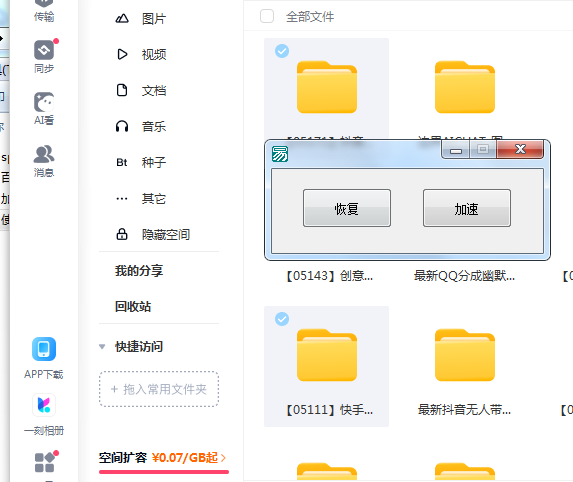
本文旨在解决表格中某一列如何根据可用空间自动调整宽度,并在新增列时能够收缩自身宽度以适应布局的需求。通过 css 的 max-width 属性和 text-overflow: ellipsis 属性,以及 JavaScript 事件监听器的使用,实现表格列的自适应宽度和收缩,避免表格超出容器范围,并提供友好的文本溢出显示。
实现表格列的自适应宽度与收缩
在构建动态表格时,经常会遇到需要某一列自动填充剩余空间,并且在新增列时能够自动收缩自身宽度的情况。以下提供一种使用 CSS 和 JavaScript 实现此功能的方案。
html 结构
首先,定义 HTML 结构,包含一个表格容器 tableContainer,一个表格 table,表头 thead 和表体 tbody。其中,需要自适应宽度的列具有 variCol 类,固定宽度的列具有 fixedCol 类。
<div id="tableContainer"> <table id="table"> <thead> <tr id="headRow"> <td class="fixedCol">Column 1</td> <td class="variCol">Variable Width Column: Use available</td> </tr> </thead> <tbody id="body"> <tr id="row1"> <td class="fixedCol">Current Behavior</td> <td class="variCol">table width expands beyond container </td> </tr> <tr id="row1"> <td class="fixedCol">Desired Behavior</td> <td class="variCol">Width of this column to shrink to make room for new columns </td> </tr> </tbody> </table> </div> <span id="myButton">Add Column</span>
CSS 样式
关键的 CSS 样式如下:
立即学习“前端免费学习笔记(深入)”;
.variCol { position: relative; overflow: hidden; text-overflow: ellipsis; white-space: nowrap; max-width: 150px; /* 设置最大宽度 */ vertical-align: top; background-color: yellow; } .fixedCol { position: relative; width: 150px; } table { position: relative; width: 700px; max-width: 100%; height: 200px; border: 1px solid black; } #myButton { background-color: lightgray; cursor: pointer; } #tableContainer { position: relative; width: 700px; height: 300px; border: 1px solid black; }
- .variCol 类:
- max-width: 150px; 设置列的最大宽度,防止列无限扩张。可以根据实际情况调整该值。
- overflow: hidden; 隐藏溢出的内容。
- text-overflow: ellipsis; 当文本溢出时,显示省略号,提供更好的用户体验。
- white-space: nowrap; 强制文本不换行。
- .fixedCol 类:
- width: 150px; 设置固定宽度。
- table 类:
- max-width: 100%; 确保表格不会超出容器的宽度。
JavaScript 动态添加列
使用 JavaScript 动态添加列,并使用事件监听器替代内联事件处理。
function AddColumn() { const body = document.getElementById("body"); const head = document.getElementById("headRow") const row1 = document.getElementById("row1"); let el = document.createElement("td"); const cols = head.childElementCount + 1; el.className = "fixedCol"; head.append(el); el.textContent = "Column " + cols; el = document.createElement("td"); el.className = "fixedCol"; row1.append(el); } document.getElementById("myButton").addEventListener('click', AddColumn)
- AddColumn() 函数用于动态添加列。
- document.getElementById(“myButton”).addEventListener(‘click’, AddColumn) 使用事件监听器,避免内联事件处理。
注意事项
- max-width 的值需要根据实际情况进行调整,以达到最佳的显示效果。
- 避免使用内联事件处理,推荐使用 addEventListener 添加事件监听器。
- 如果需要更复杂的自适应宽度策略,可以考虑使用 JavaScript 动态计算宽度。
总结
通过结合 CSS 的 max-width 和 text-overflow: ellipsis 属性,以及 JavaScript 的动态添加列功能,可以实现表格列的自适应宽度和收缩,从而更好地适应不同的布局需求,并提供良好的用户体验。
© 版权声明
文章版权归作者所有,未经允许请勿转载。
THE END





















暂无评论内容